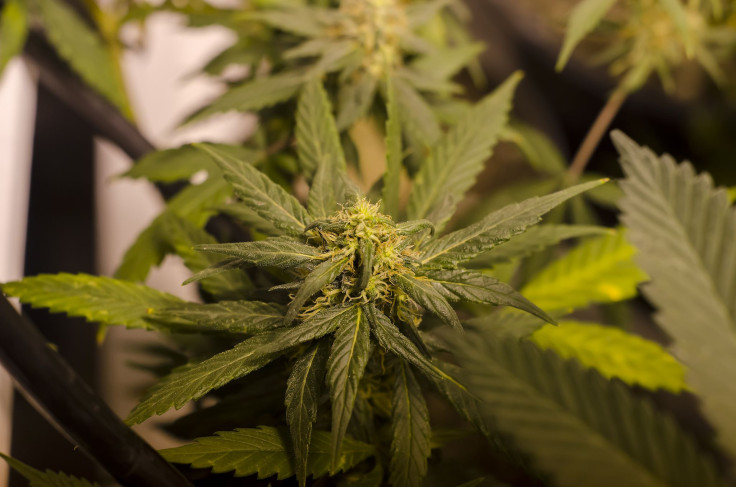Teen Marijuana Use Doesn't Decrease Intelligence, Identical Twin Study Finds

As cannabis legalization progresses, parents continue to share a growing concern over their children's health. After all, past research has linked adolescent cannabis use to the development of psychosis, as well as long-term IQ loss — one 2012 study was particularly convincing of this. But a new study, published in Proceedings of the National Academy of Sciences, questions whether marijuana use actually has an effect on intelligence.
For the study, researchers from the University of California, Los Angeles and the University of Minnesota administered two intelligence tests to 3,066 individuals. Each participant first took the test between the age of 9 and 12, before they had ever tried marijuana, and then again between 17 and 20 years old — some of them had experimented with or regularly used cannabis by this time. By tracking the changes in participants' test scores, the researchers were able to determine the trajectories were no worse for cannabis users than nonusers.
Adding to the credibility of their findings, the researchers also looked at the effects of cannabis on twins — no other research had done this before. In comparison to regular study participants, twins are a superior research tool. Because they're raised in the same environment and share most or their entire DNA (fraternal or identical twins, respectively), they can be compared without any interfering variables. Of the 290 pairs of twins researched in this study, all had grown up together and 137 pairs were identical.
The study's initial results were replicated for the twin study, and again, there was no difference in intelligence scores between marijuana users and non-users. Because the data failed to reveal lower test scores among cannabis users, the study suggests smoking marijuana does not directly cause a decline in intelligence. This even applied to those who smoked more than 30 times or used the substance daily for over six months.
When it came to previous research, the report suggested cannabis use was more likely to be a symptom of whatever initially caused the decline in intelligence. Study author Joshua Isen, a lecturer in psychology at Loyola Marymount University in Los Angeles, said in an interview with Fox News that while this causative factor has not yet been identified, a youth who is inclined to smoke "is probably going to show this IQ drop regardless of whether he or she is actually smoking marijuana."
In response to the current study's findings, Duke University's Terrie Moffitt, author of the contested 2012 study, argued her study’s results were valid. She told Fox News the marijuana use observed in her study was far more serious and longer lasting than the levels reported in the new study. About 5 percent of participants in this study were considered marijuana-dependent, or used cannabis more than once a week before the age of 18.
Still, other research points to another substance as most detrimental to teen intelligence: alcohol. A study that isolated cannabis use from the use of other substances found alcohol was most dangerous to the developing brain. Considering alcohol is legal nationwide, marijuana’s influence on intelligence may not be the most valid argument for cannabis prohibition.
Source: Jackson NJ et al. Impact of adolescent marijuana use on intelligence: Results from two longitudinal twin studies. Proceedings of the National Academy of Sciences. 2016.



























